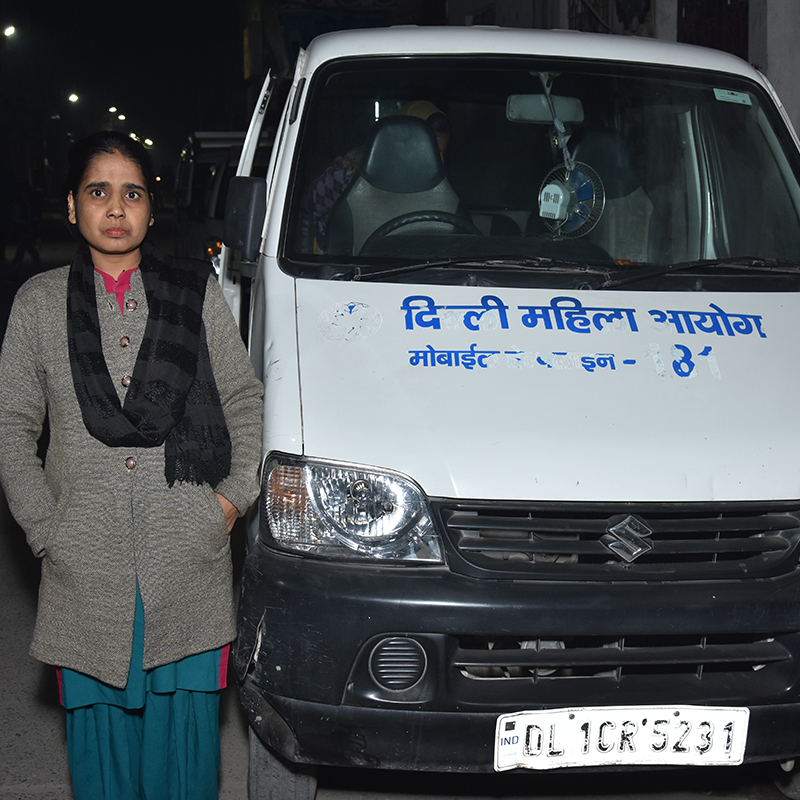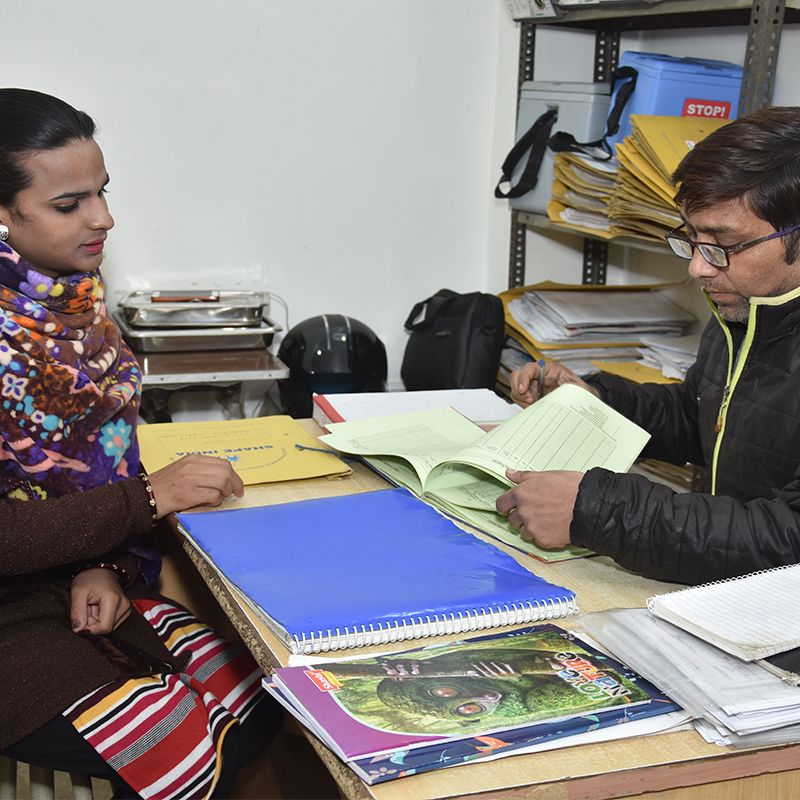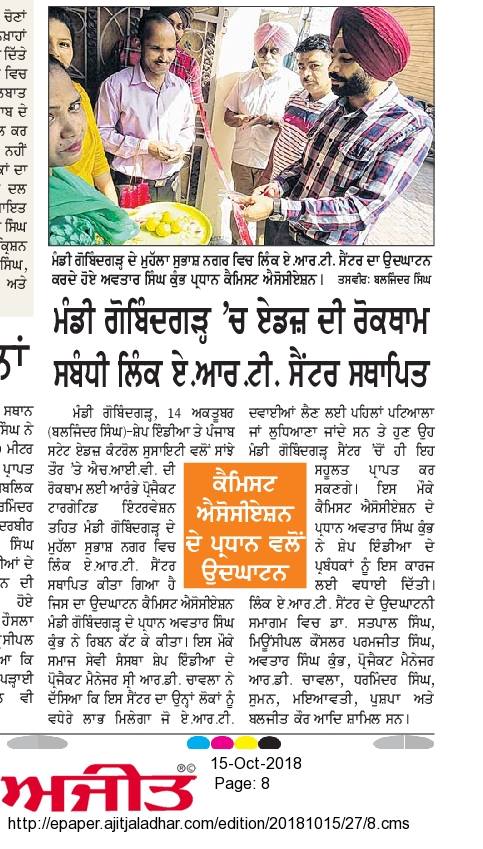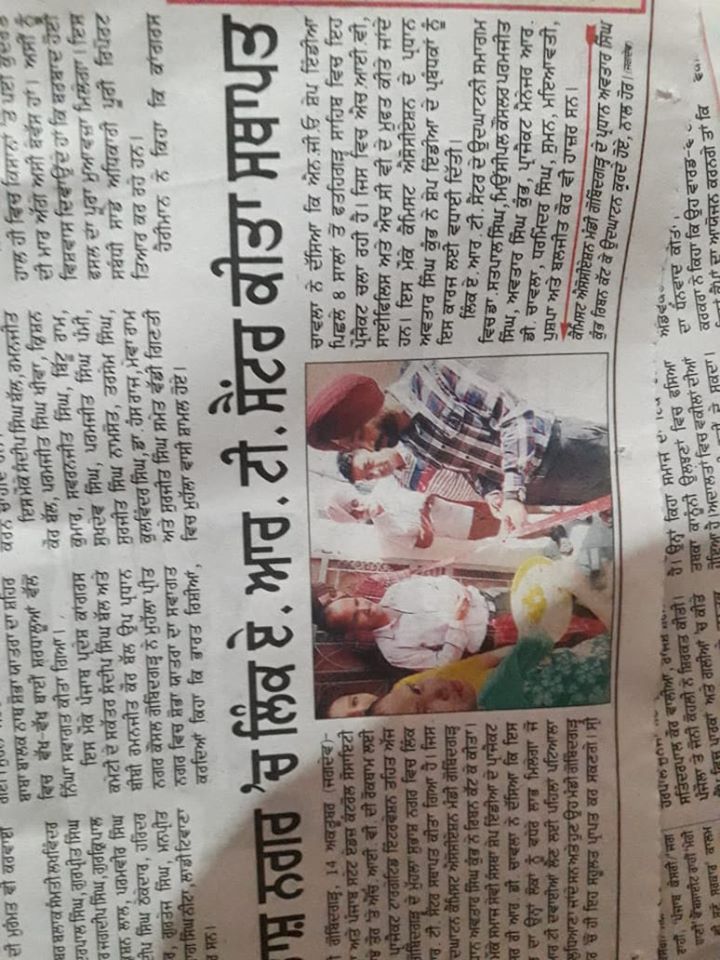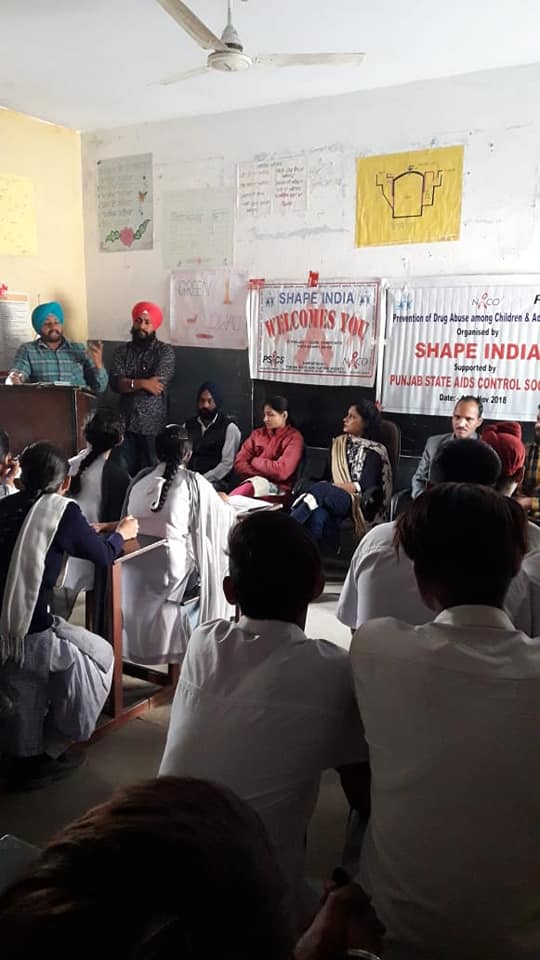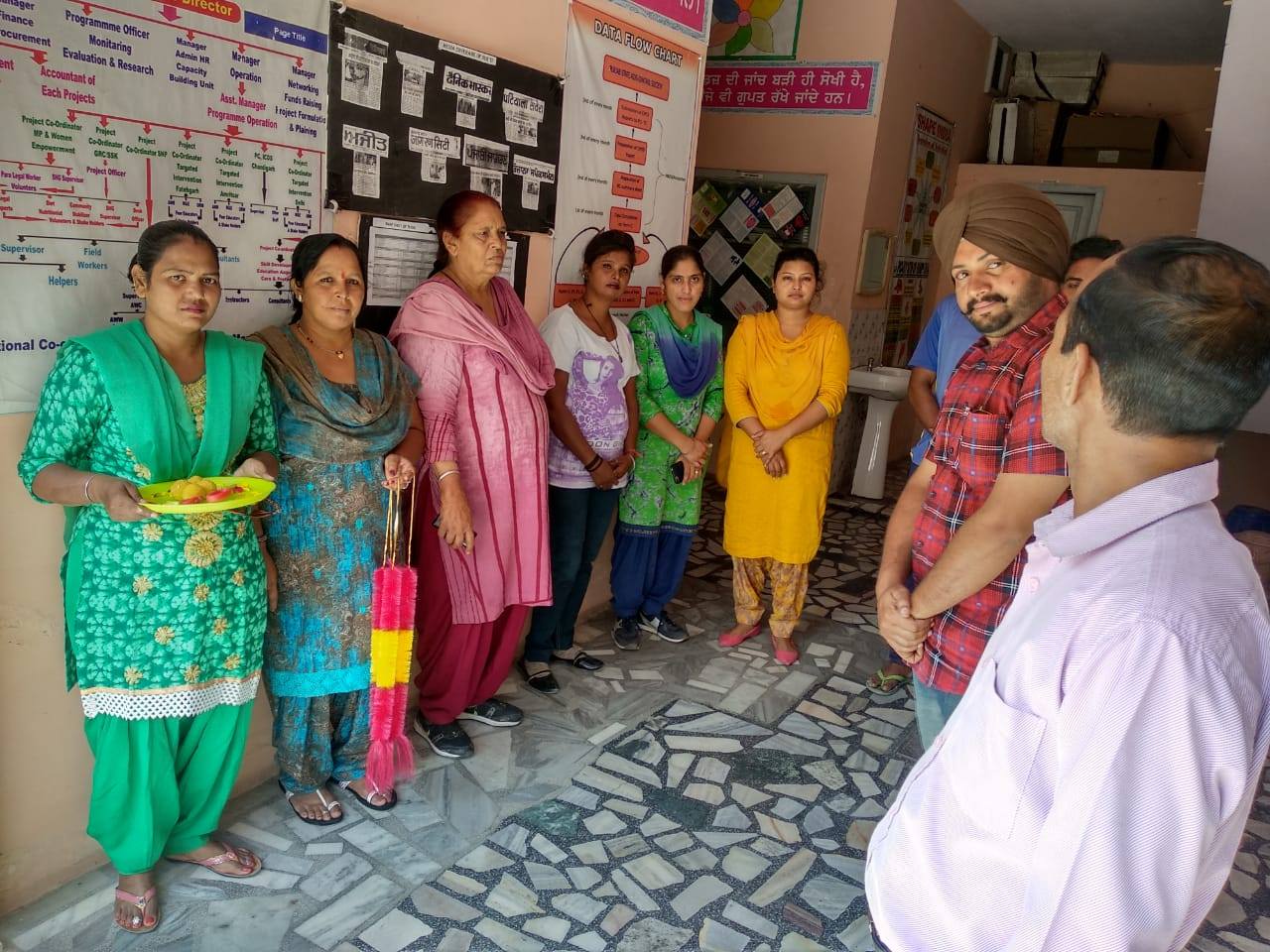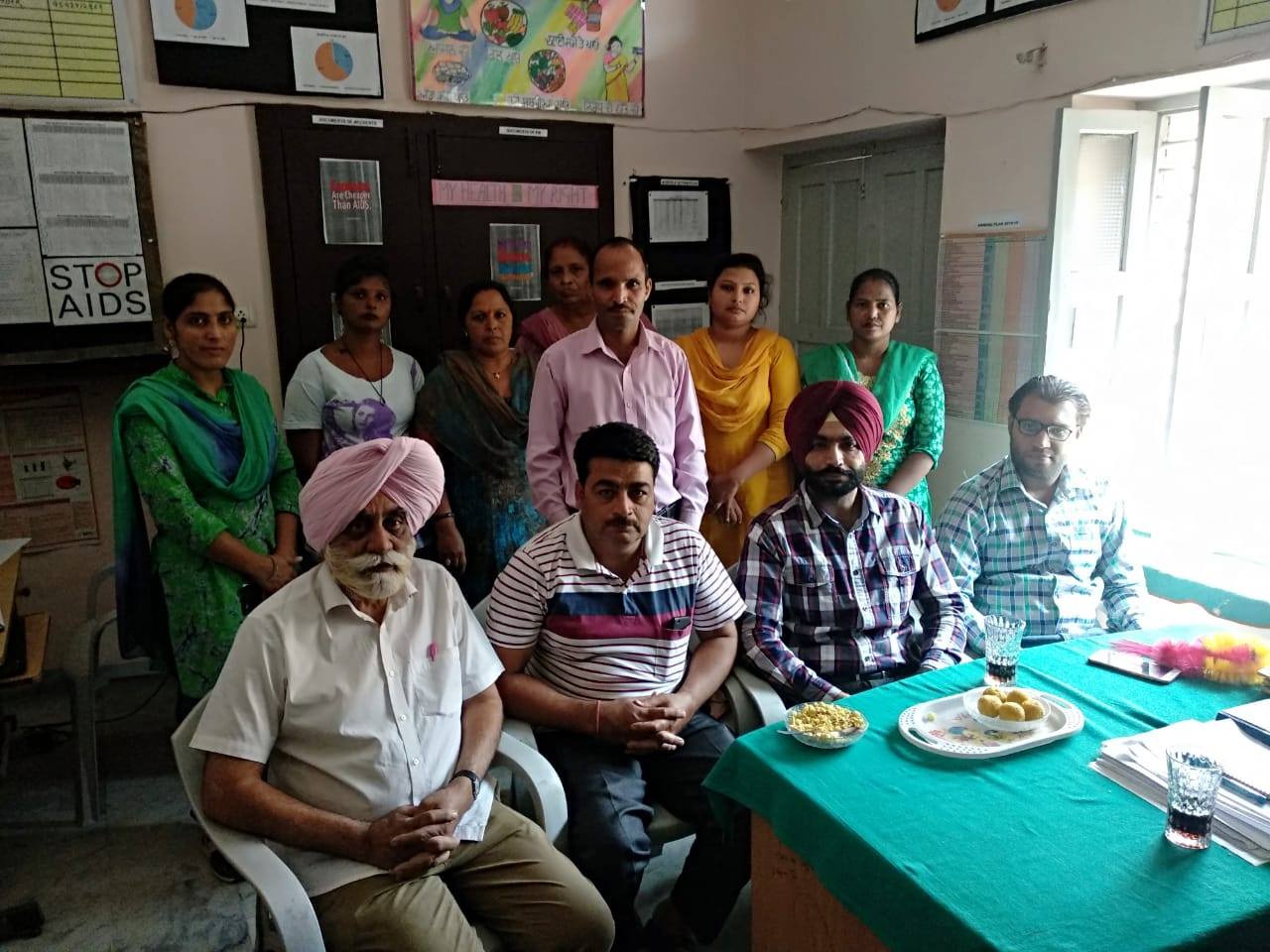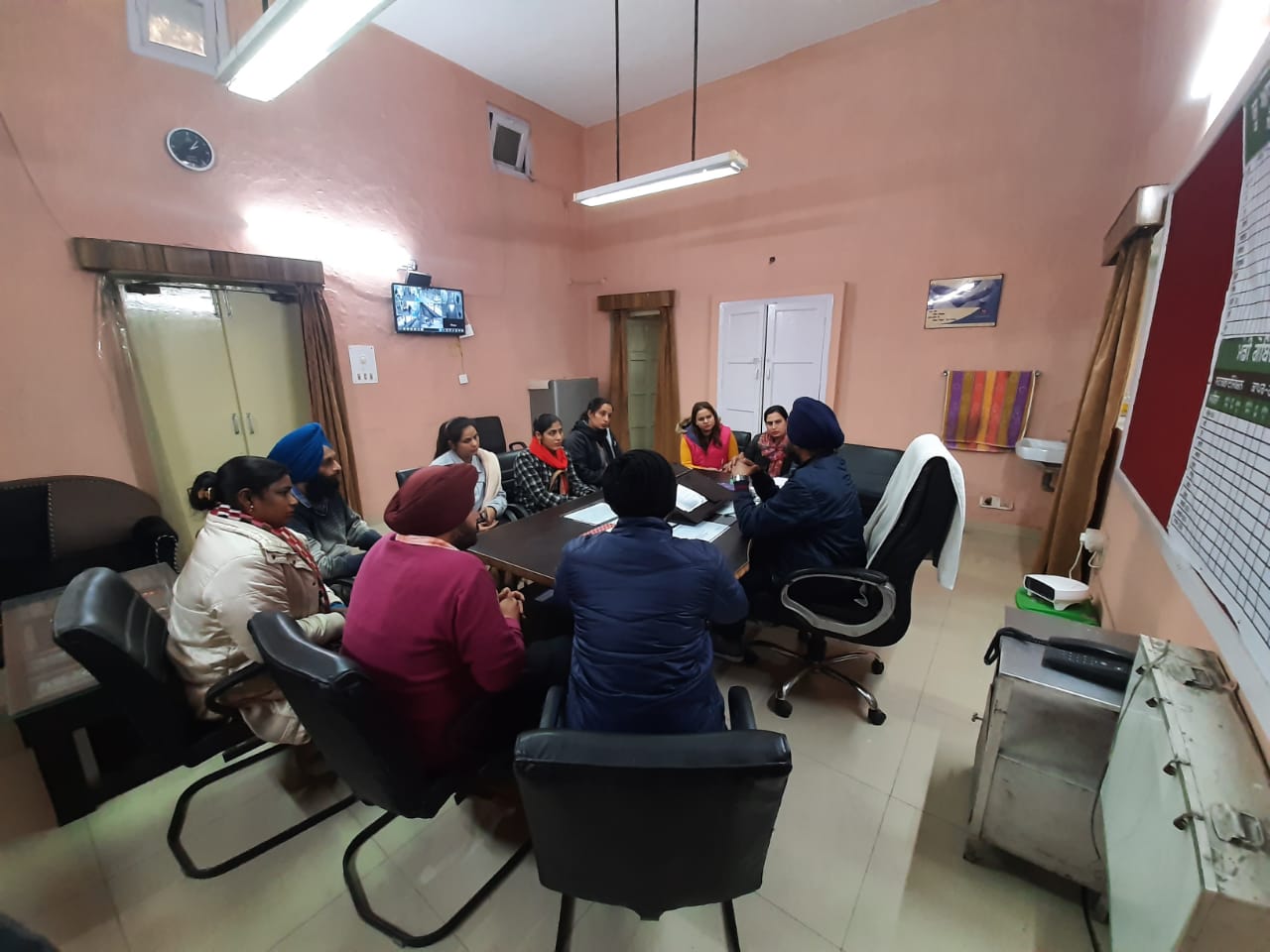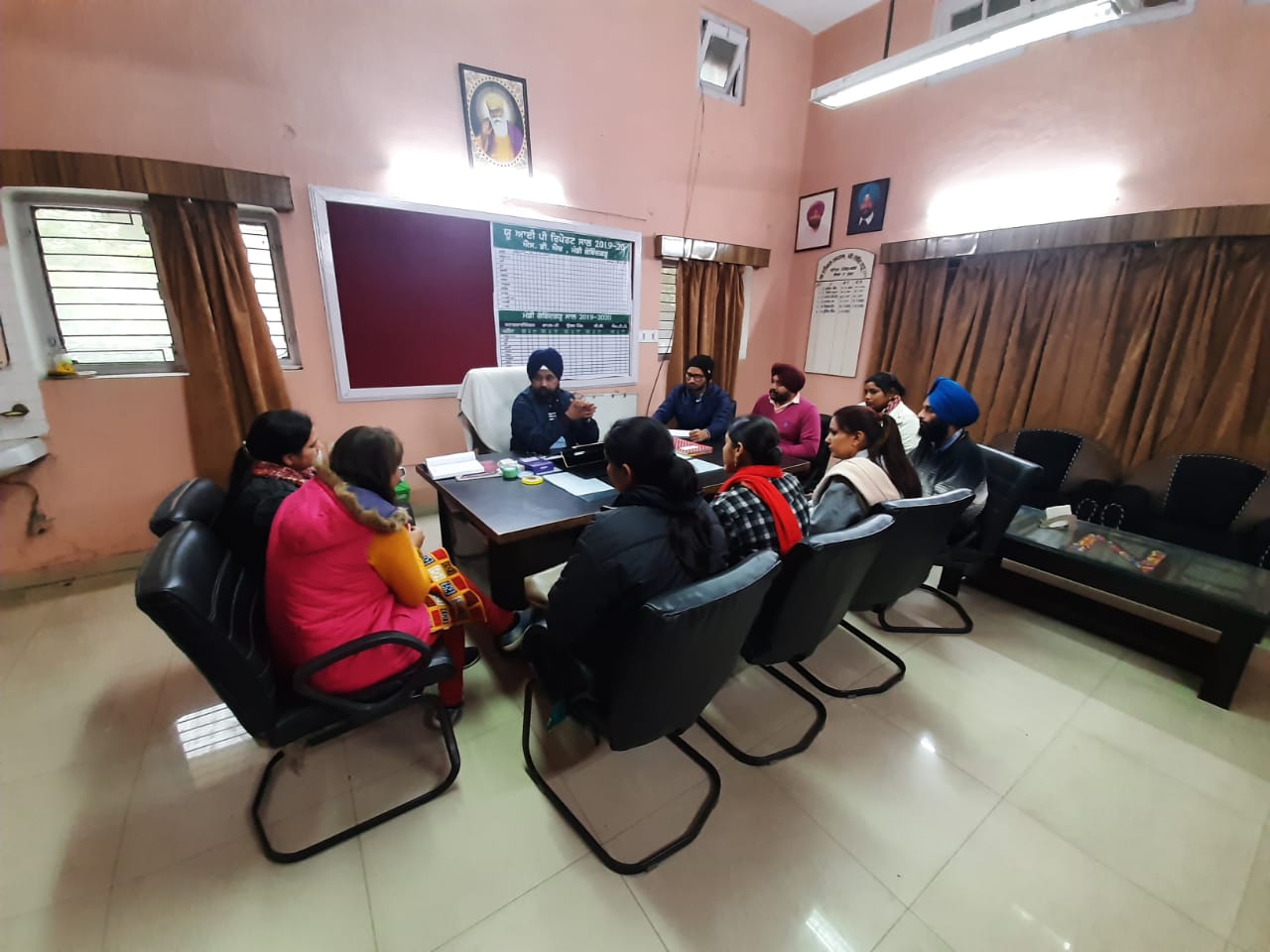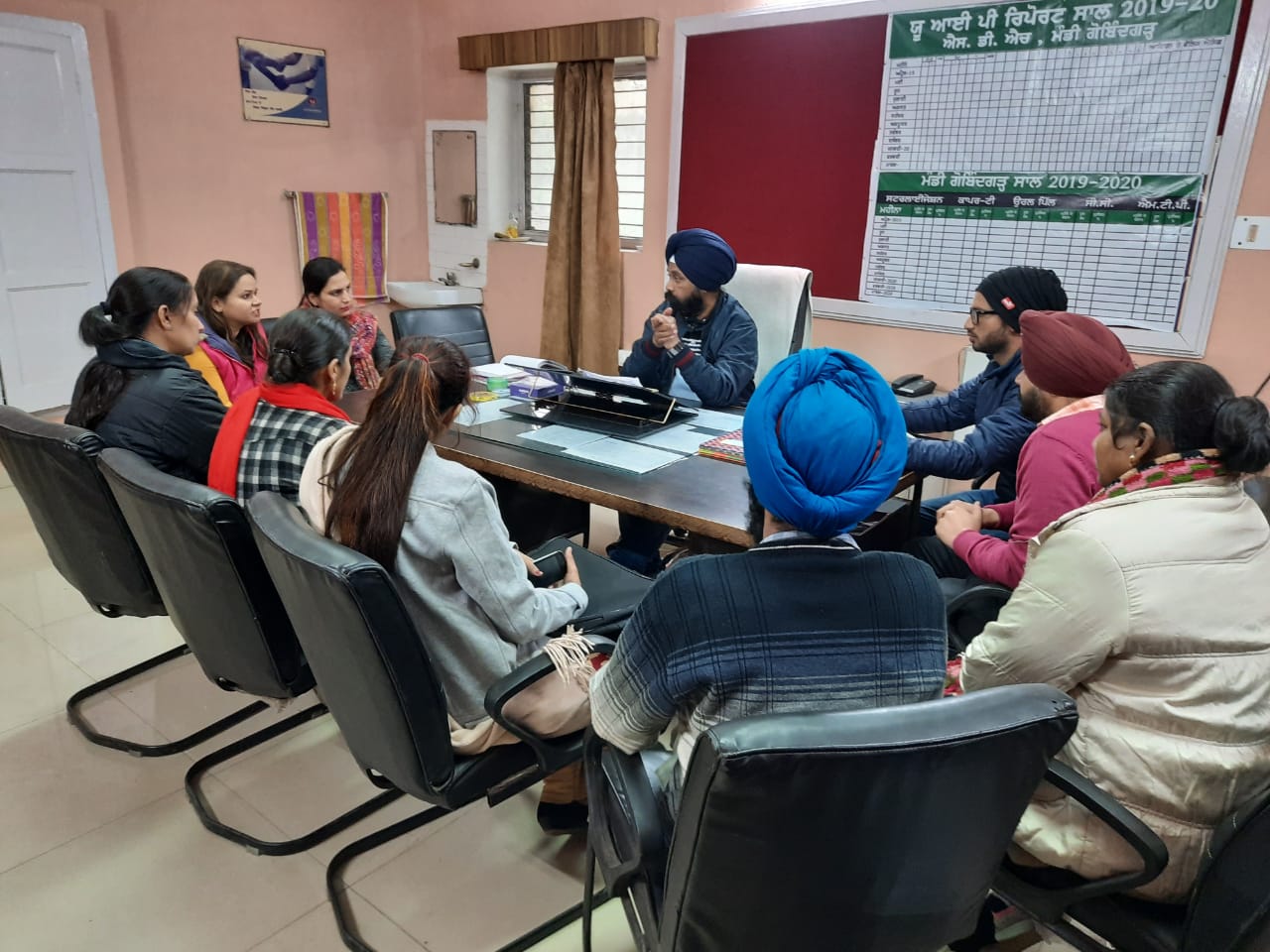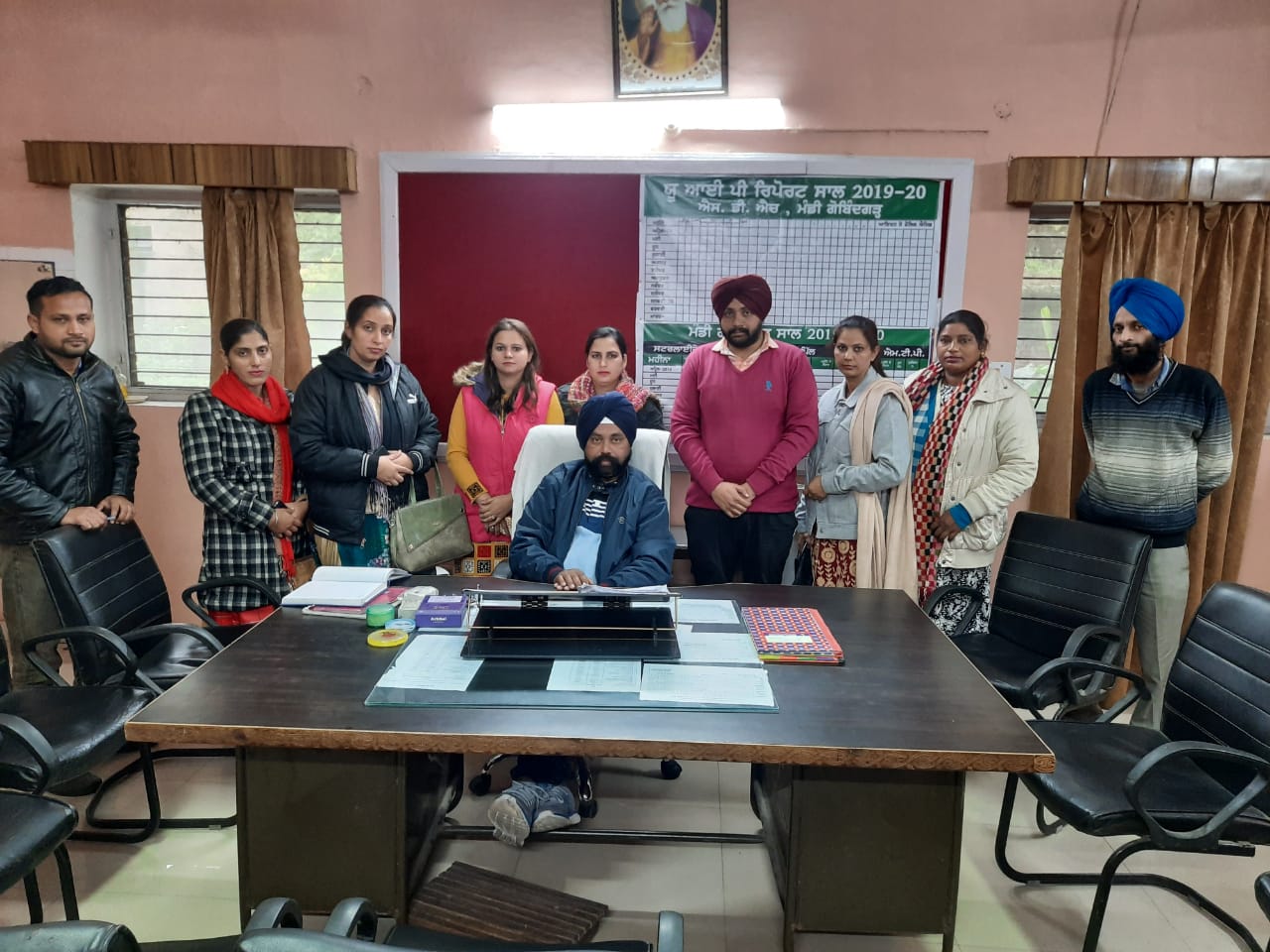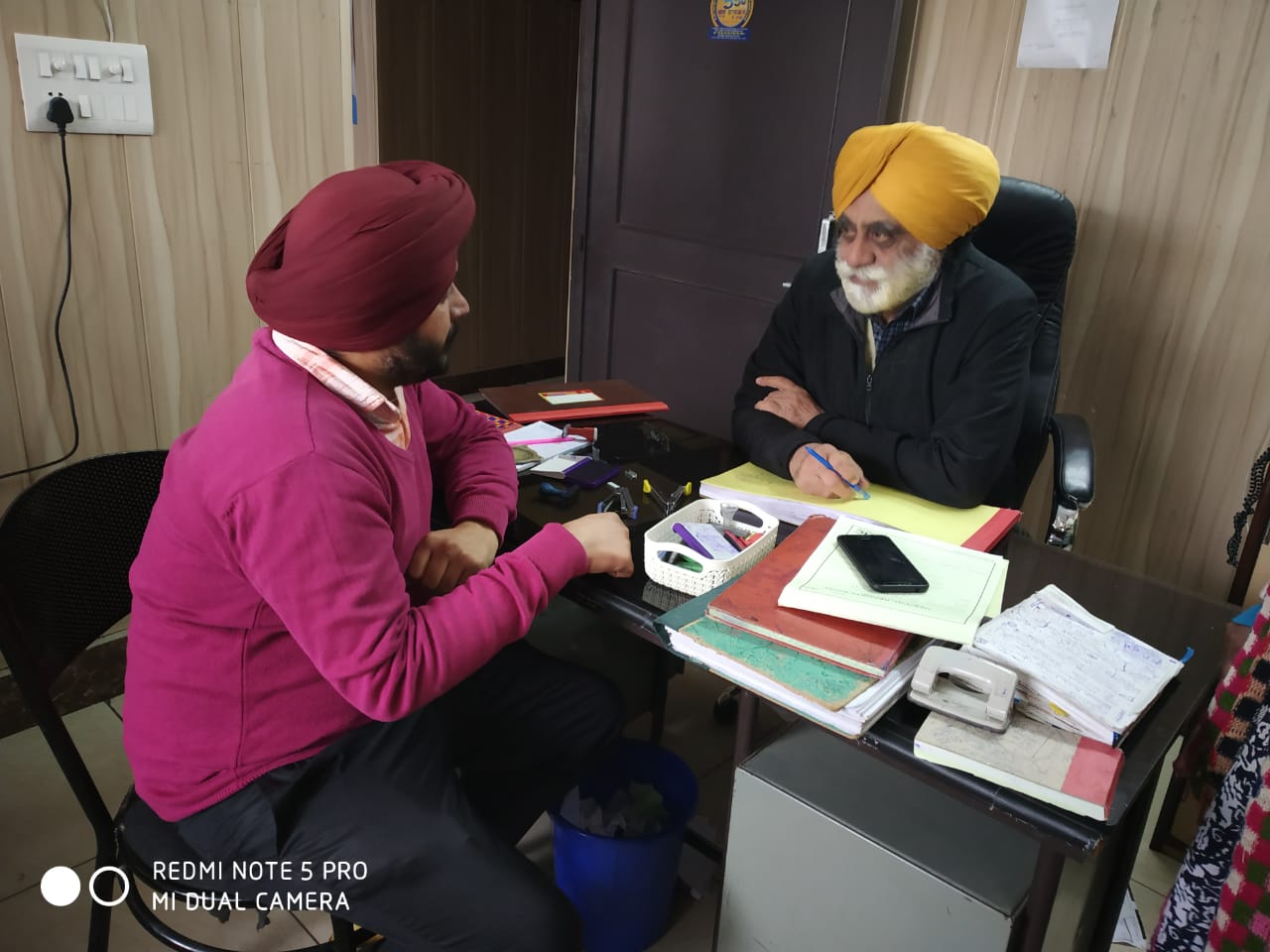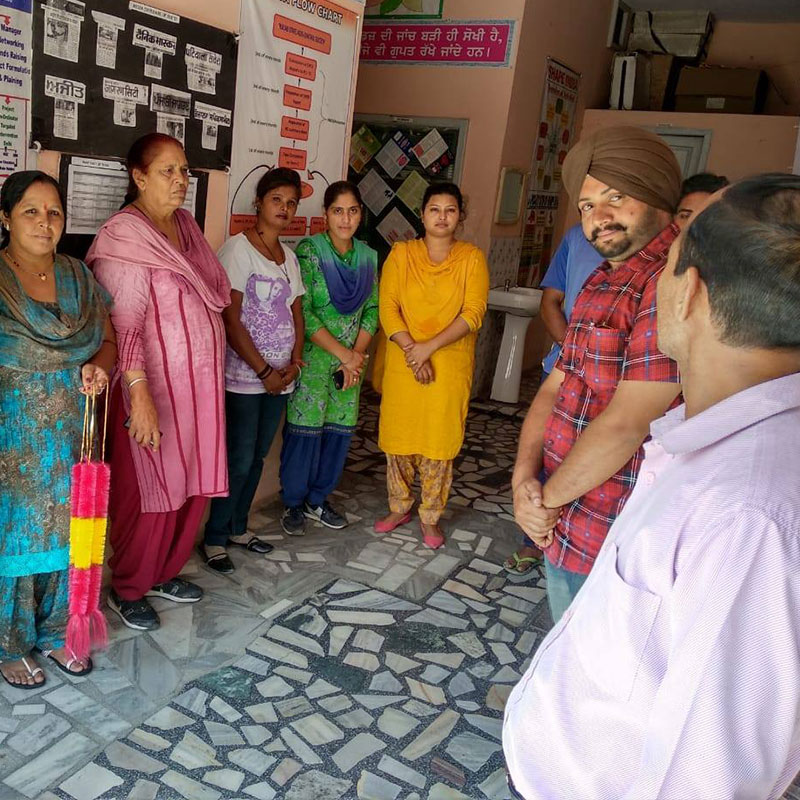
SHAPE INDIA running a TI Project among IDUs (Injecting Drug Users)in Fatehgarh Sahib (PUNJAB).In this project our TI Office provides several services to IDUs such as Free Counselling, Free Needle & Syringes, Free Condoms, Free HIV/AIDStesting & Syphilis testing. We also provide free ART Medicine, STI Medicines and OST Medicines to our registered population. We have also started services to IDUs Spouses which are also in High Risk.
Goal :
(i) Reduce Sharing of Needle/Syringes by which HIV virus spreads very quickly. When we Provide Needle/ Syringes as per their demand, we can reduce the percentage of Sharing.
(ii) To find out PLHIV in our registered population by testing all HRGs twice a year and put all HRGs found positive on ART Treatment as soon as possible.
(iii) Comprehensive care, support and treatment to all persons living with HIV/AIDS
(iv) Increase awareness among general population, particularly women and youth.
Coverage:
We reached up to 1000 IDUs & 40 Spouses to whom we provide our services in Daily Routine in the Fatehgarh Sahib District. Out of IDUs we found 149 HIV Infected HRGs from which 123 HRG has started their treatment, and currently live a normal life. We Started medicine of 100 HRGs on OOAT, 10 on Opiod Substitution Therapy.
Strategy:
(i) The promotion and provision of Condoms to HRGs to promote their use in each sexual encounter.
(ii) Provision or referral for STI services including counseling at service provision centers to increase compliance of patients with treatment, risk reduction counseling with focus on partner referral and management.
(iii) Needle and Syringe exchange for IDUs as well as scaling up of Opioid Substitution Therapy (OST) provision.
(iv) Behavior Change Communications (BCC) is very usefull for creating awareness about risk and vulnerability,
Outcome:
Programme planning and management responsibilities will be strengthened at TI levels to ensure high quality, timely and effective implementation of field level activities and desired programmatic outcomes. Testing is the most important factor to find the Status of HRGs. It is envisaged that greater adherence and compliance would be possible with a wide network of treatment facilities positive prevention and better linkages with health care providers.
